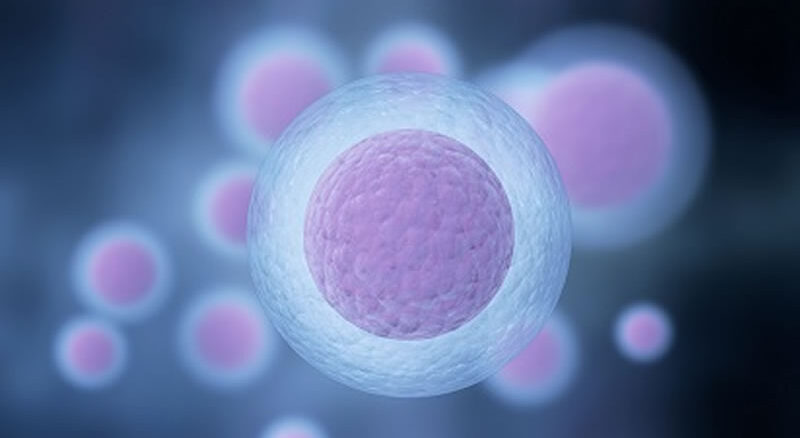The reproductive potential of some women is compromised because they do not produce eggs, produce defective eggs and/or embryos, or are carriers of a genetic disease.
An option for these women to have babies is to undergo egg donation. Treatment with egg donation involves a woman who serves as an egg donor and a woman who serves as the egg recipient. In this process, the egg donor agrees to have her eggs removed from her ovaries and donated to a recipient woman. The eggs are then fertilized with the recipient partner’s sperm in the laboratory.
Following fertilization, the embryos are then transferred into the uterine cavity of the recipient woman for implantation and the establishment of pregnancy. Following the delivery, the recipient will be the rearing parent of the offspring.
In the majority of cases of egg donation, the donor and the recipient are not aware of their identity and the clinic keeps this secret. In a few cases, the recipient may decide to provide an egg donor after proper counselling on the future possible challenges of such a decision.
In the oocyte donor program, the donor has drugs for ovulation induction and then egg retrieval, following which insemination of the egg is carried out with the partner’s sperm and subsequent embryo transfer into the recipient’s uterus.

